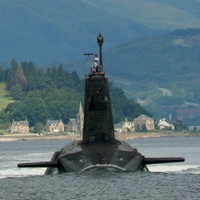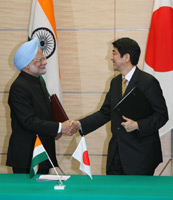
Power is the ability to affect others to obtain preferred outcomes, and that can be done through coercion and payment or attraction and persuasion. Generally, people associate coercion with military power resources, but that is too reductive. After all, economic power resources can also be used for coercion. Even in terms of what is considered “normal” economic behavior, the boundaries are not always so clear. As Thomas Schelling has argued, “The difference between a threat and a promise, between coercion and compensation, sometimes depends on where the baseline is located.” After all, once compensation becomes an expectation, withholding it for […]



